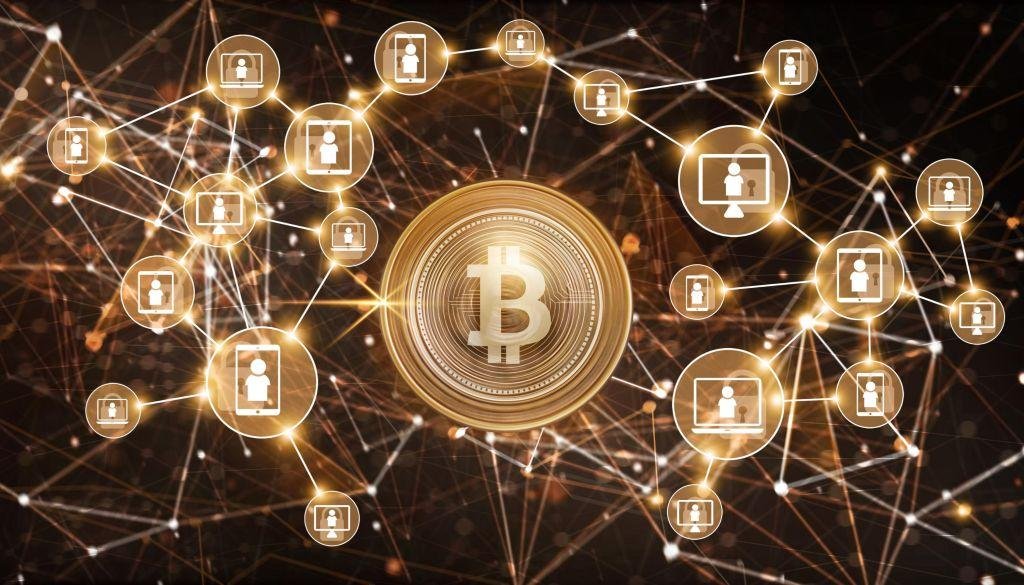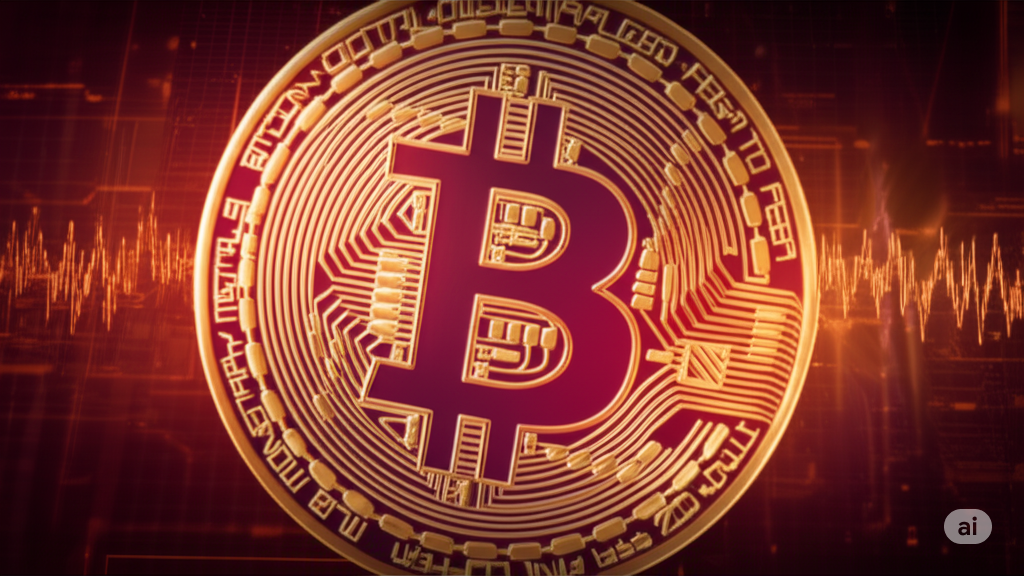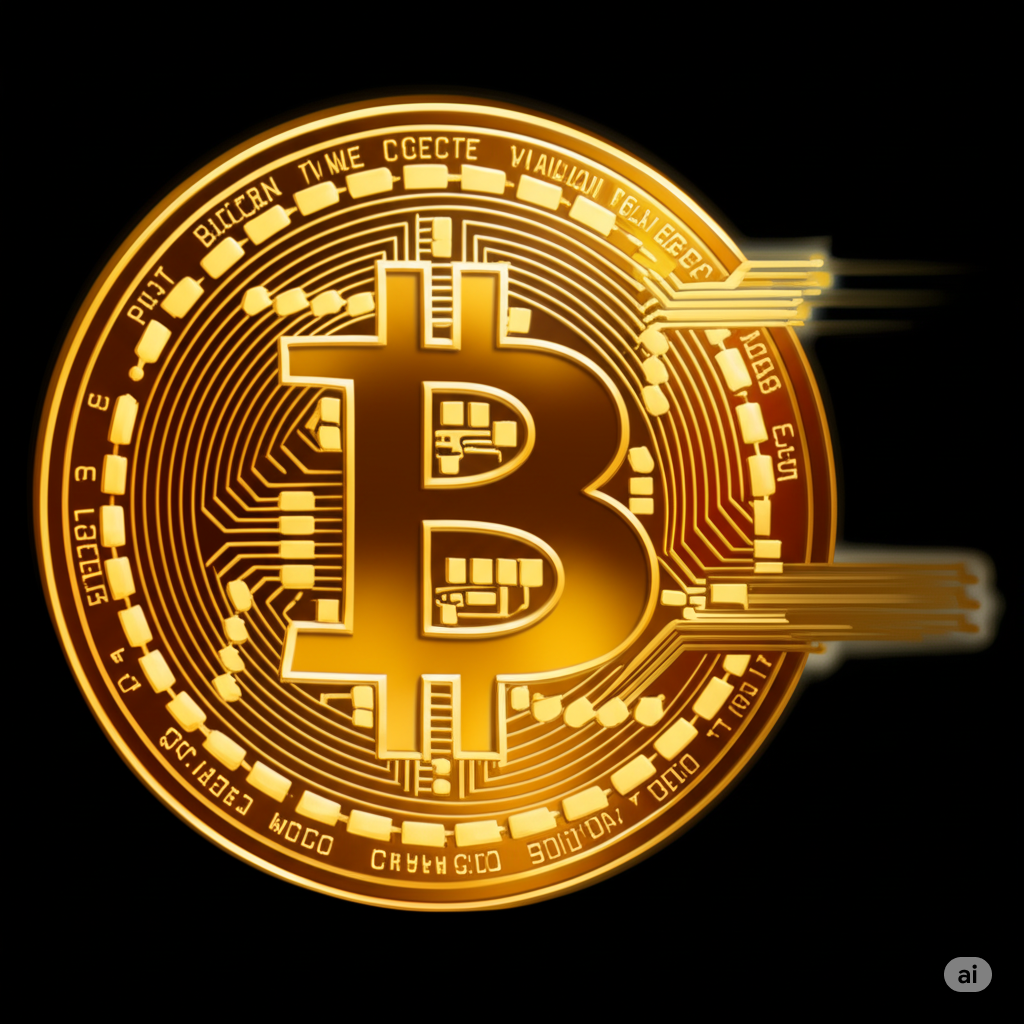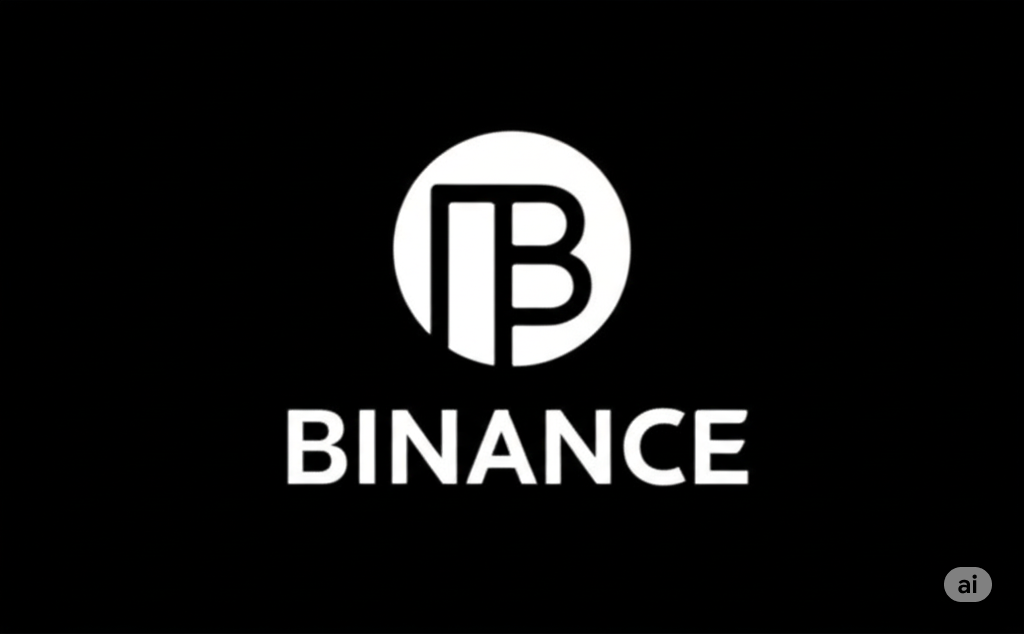Government bans, implemented with the intention of addressing various societal concerns, can have far-reaching and often complex impacts on the market. Whether it’s a ban on specific products, activities, or even entire sectors, these interventions can trigger a cascade of economic and social consequences that are crucial to understand.
One of the most immediate impacts of a government ban is the disruption of supply and demand. When a product or service is prohibited, the legal supply vanishes instantly. However, the underlying demand might not disappear entirely, leading to significant imbalances. This can create shortages, drive up prices of remaining legal alternatives (if any), and, unfortunately, often fuels the emergence of black markets. These illicit markets operate outside legal frameworks, lacking consumer protections and often associated with criminal activities.
Consider a ban on a specific type of agricultural product due to health concerns. While the intention is to protect public health, farmers who relied on that crop for their livelihood face immediate economic hardship. Consumers who still desire the product might turn to illegal channels where quality control is absent, potentially undermining the very health objectives of the ban.
Furthermore, government bans can significantly impact investor confidence. Uncertainty about future regulations and the potential for sudden prohibitions can make investors wary of putting capital into affected sectors or even related industries. This can stifle innovation and economic growth. Companies operating in areas prone to bans might hesitate to invest in research and development, fearing that their efforts could be rendered worthless overnight.
The impact isn’t always negative, however. Bans can sometimes spur innovation in unexpected ways. Faced with prohibition, businesses and individuals may seek out alternative solutions and technologies. For example, bans on certain pollutants might drive investment in cleaner technologies and more sustainable practices. Similarly, restrictions on certain activities could lead to the development of safer or more ethical alternatives.
However, the transition period following a ban can be challenging. Businesses need to adapt, workers may need retraining, and consumers need to find substitutes. The economic costs associated with these adjustments can be substantial and may disproportionately affect certain segments of the population.
Moreover, the effectiveness of a ban in achieving its intended goal is not always guaranteed. If the underlying demand remains strong, prohibition can be difficult to enforce and may lead to unintended negative consequences, such as increased crime and corruption associated with illegal markets.
In conclusion, government bans are powerful tools that can have significant and multifaceted impacts on the market. While they may be necessary in certain situations to protect public health, safety, or the environment, policymakers must carefully consider the potential economic and social consequences. A thorough understanding of supply and demand dynamics, the potential for black markets, the impact on innovation and investor confidence, and the feasibility of enforcement are crucial for evaluating the likely effectiveness and overall impact of any proposed ban.












Leave a Reply